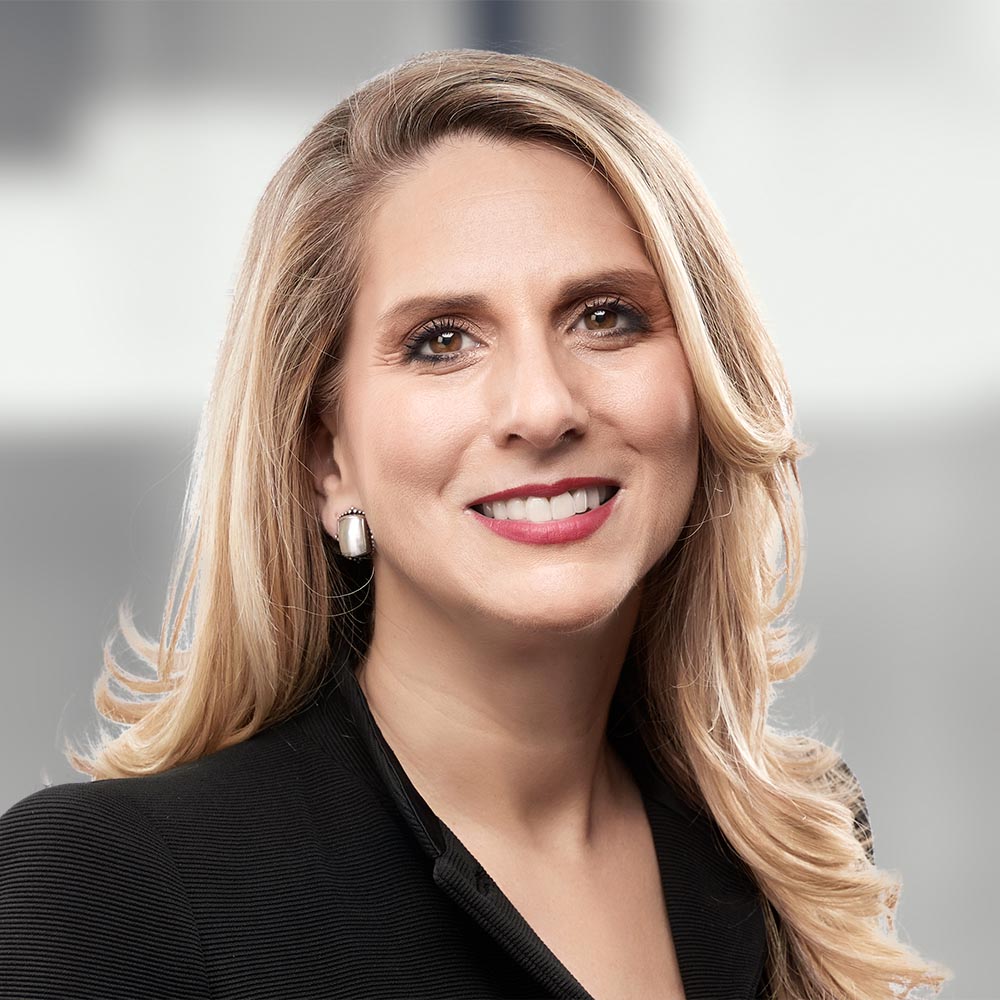SEC broadens accredited investor definition to allow for expanded participation in U.S. private offerings
Authors

Cheryl V. Reicin
 Chris Bornhorst
Chris Bornhorst
Adam Falconi
The U.S. Securities and Exchange Commission (SEC) has approved amendments to the “accredited investor” definition in Rule 501(a) of Regulation D under the U.S. Securities Act of 1933, as amended (U.S. Securities Act) which expands the number of individuals and entities which can invest in U.S. private securities offerings. These amendments will become effective on December 8, 2020.
What you need to know
- New categories of accredited investor. One important new amendment will create a category of accredited investor which serves as a “catch-all” for entities, both foreign and domestic, which own more than US$5 million in investments and are not formed for the specific purpose of acquiring the securities being offered.
- This new category avoids excluding otherwise qualified investors solely based on the legal form in which they are organized and may be potentially useful for non-U.S. public pension funds and other institutional investors (including any that might be organized as a governmental entity) that do not fall under any of the existing categories, to the extent that such non-U.S. investors make investments through U.S. vehicles or otherwise structure their participation in offerings as U.S. investors.
- In addition, the amendments added new categories of individuals who may qualify as accredited investors based on their professional knowledge, experience or certifications.
- Unchanged income and asset-based tests. Notably, the SEC chose not to adjust the existing income and asset-based accredited investor tests based on inflation or other factors, which will remain unchanged from levels that were set in 1982.
- Conforming changes to the definition of “qualified institutional buyer”. To conform with the revised accredited investor definition, the SEC also revised the definition of “qualified institutional buyer” (QIB) in Rule 144A under the U.S. Securities Act, to include the same breadth of legal entity types covered in the “accredited investor” definition.
- Qualifying as a QIB, which requires an entity to own $100 million in invested securities (on a discretionary basis), allows an entity to invest in private U.S. underwritten offerings of securities issued by companies not listed for trading in the United States, and to trade privately placed securities in a QIB resale market without having to meet SEC registration requirements, subject to information availability requirements.
- Good news for certain non-U.S. institutional investors that participate as U.S. investors. The expansion of the accredited investor and QIB definitions will make it easier for certain non-U.S. public pension funds and other institutional investors to participate as U.S. investors in the vast U.S. private securities market.
Background and forthcoming amendments
United States securities laws provide for a number of exemptions to SEC registration requirements for securities sold through private offerings to certain sophisticated investors, such as accredited investors and QIBs. Given that these offerings do not contain the extensive disclosure required in public SEC securities offerings, they are generally deemed to be too risky for the general public. Therefore, qualifying as accredited investors and/or QIBs allows such investors to access investment opportunities that are not generally available to the public. The size of this investment market is vast—the SEC has estimated that approximately $1.56 trillion has been raised through U.S. private securities offerings in 2019 alone, which exceeds the amount of capital raised in 2019 registered offerings ($1.2 trillion)1.
The large majority of U.S. private offerings of securities exempted from SEC registration requirements take place under Rule 506 of Regulation D of the U.S. Securities Act. Participation in these private offerings are generally limited to “accredited investors,” which are individuals and entities which the SEC has deemed have sufficient knowledge and sophistication to properly evaluate and take on the risk of these investments. Currently, accredited investors generally fall into the following categories:
- individuals with more than US$1 million in net worth (excluding the value of any primary residence) or who have earned more than US$200,000 per year (or US$300,000 with a spouse) in each of the last two years;
- related parties to an issuer, which include its executive officers and directors;
- certain specified organizations with more than US$5 million in assets2; and
- institutional investors such as banks, and other entities which meet certain legal criteria.
As part of the amendments which come into force on December 8, 2020, a number of new categories of accredited investors will be added, which include the following:
- individuals who have obtained certain professional certifications and designations, such as the General Securities Representative license (Series 7), the Private Securities Offerings Representative license (Series 82) and the Investment Adviser Representative license (Series 65), or other credentials issued by an accredited educational institution;
- with respect to investments in a private fund, a new category based on the person’s status as a “knowledgeable employee” of the fund;
- “family offices” with at least US$5 million in assets under management and their “family clients,” as each term is defined under the U.S. Investment Advisers Act of 1940, as amended (Investment Advisers Act);
- a new “catch-all” category for any legal entity, including governmental entities, owning “investments,” as defined in Rule 2a51-1(b) under the Investment Company Act, in excess of US$5 million and that was not formed for the specific purpose of investing in the securities offered; and
- registered investment advisers exempt from registration under the U.S. Investment Advisers Act, rural business investment companies, and limited liability companies and other entities that meet certain conditions.
Canadian perspective
Many Canadian entities, particularly large public pension plans and other institutional investors, participate in the U.S. capital markets through Regulation D private placements and Rule 144A offerings through U.S. investment vehicles, and the SEC’s expansion of the accredited investor and QIB categories will help enable certain of these entities to access this vast pool of capital to the extent that these amendments address and resolve certain technical exclusions from accredited investor and QIB qualification that they may have faced under the existing rules.
It remains to be seen whether or not Canadian securities regulators will also make amendments to their accredited investor definitions in order to expand access to Canada’s private securities market. Ontario has recently proposed potential amendments to its accreditor investor definition and sought feedback from industry stakeholders through its Ontario’s Capital Markets Modernization Taskforce3, and is expected to deliver its final report to the Minister of Finance later this month. Whether Ontario or any other provincial securities regulator will end up expanding investor access to its capital markets, utilizing mechanisms similar to those used by the SEC or otherwise, will be an important development to follow.
_________________________
1 See https://www.sec.gov/files/report-congress-regulation-a-d.pdf and https://www.sec.gov/files/DERA%20white%20paper_Regulation%20D_082018.pdf.
2 Note that this category does not specifically enumerate entities such as Indian/Native tribes, labor unions, governmental bodies and funds, and entities organized under the laws of a non-U.S. jurisdiction that may seek to participate in Regulation D offerings as U.S. investors.
3 As reported in previous Torys bulletins, “Bold broad-sweeping reforms proposed by Ontario’s capital markets modernization tasktorce”; and “Response to capital markets modernization taskforce”.
To discuss these issues, please contact the author(s).
This publication is a general discussion of certain legal and related developments and should not be relied upon as legal advice. If you require legal advice, we would be pleased to discuss the issues in this publication with you, in the context of your particular circumstances.
For permission to republish this or any other publication, contact Janelle Weed.
© 2025 by Torys LLP.
All rights reserved.
Tags